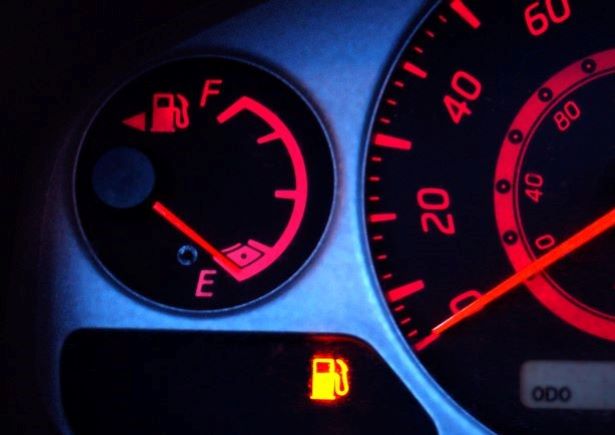
Why it’s a bad idea to drive on empty
Driving your car on reserve is like snorkelling in False Bay, just past Miller’s Point where the water gets quite deep but is very clear. If you think this sentence is based on experience, you are right. You go down, 10, 15 metres. You can see forever. Look, an octopus over there. Is that a pyjama shark? Ooh, a cuttlefish. You realise you are running out of air, so you beam up. But from the bottom, the surface is just this vague brightness. You cannot judge how close you are to getting that now urgent breath of air.
Ditto your car’s reserve fuel. How much? Don’t know. Where is the next filling station? Nothing to see. Is this an area where I would coast to a stop and then walk, hoping to find fuel? Short answer: no. Never. You never run out of fuel in a nice area, or close to a filling station. It is always a lonely spot, except for those guys with hoodies getting interested in you and your car.
Thing is, you will have to fill up at some stage anyway. So why not when you hit a quarter tank or so? Even when the petrol price is going down by R1 a litre tomorrow, how much will you really save and is that worth more than not trudging through the dark with an empty can?
There is another reason – gravity – to consider. Your fuel tank’s outlet valve is obviously right at the bottom, so you can get all the petrol in the tank. There is always some sediment and gunk in your fuel at the bottom of the tank, but as you drive, the fuel sloshes around and the gunk gets mixed in. So bits of dirt will get into your carb or fuel injection, but usually, this is not too serious and your car can handle it. But the less the liquid, the greater the concentration of dirt your engine has to deal with. Suddenly your engine will choke on a mouthful of gritty muck and either go ‘twerk’, meaning it will stop working or more likely, work less well and probably suffer damage in the process.
Either way, it will cost you money. A partially blocked or stuck fuel system will use more fuel, directly affecting your wallet. But abusing your engine time and time again will eventually degrade your engine.
So, when it is time to trade in your baby for a better babe, you may not get as much for the old one as you bargained on. We at Group1 Cars believe in an honest price on both sides of the trade-in deal. Therefore, if you service your car when needed, wash it regularly to avoid rust, and don’t run it down to reserve time and time again, you know you will get the best deal when you want to trade up.

